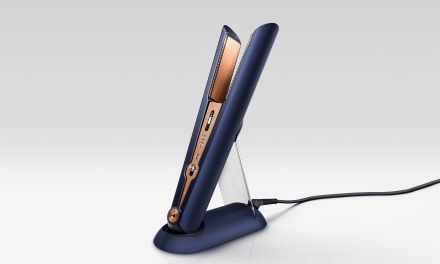
Facebook comes with both its upsides
and downsides, as we’ve all discovered over the past decade. Some of the
obvious upsides are how Facebook helps us stay connected and involved with
friends and family who may not live nearby, and with those we don’t know
personally, but whose lives intrigue us.
Fair enough.
But also, friends have sworn off
Facebook because of its addictive quality. You’re happily perusing the lives of
the rich and famous, or not so famous, and you look up at the clock only to
discover two hours have gone by when you only meant to distract yourself for a
few minutes.
Like and Unlike
Facebook also introduced a relatively
simple concept with far-reaching implications that can be used for our good outside
the parameters of Facebook. I refer to the “like” and “unlike” feature.
It’s easy: you “like” something or
someone whose Facebook entries please you; you “unlike” something or someone
whose entries don’t please you. Nothing to it. One click, you’re done.
Oh, if we could only keep it that straightforward
in life. If you like someone or something, you put your effort and energy in
that direction. If you don’t like something, you hit a mental “unlike” and
withdraw your attention, your energy, and effort.
But that’s not what we do. We’ve
invented a third button: the “dislike” button. The dislike button means that
not only do we not like that person or thing, we now invest vast quantities of
time, attention, effort, and energy disliking whatever it is we dislike.
We don’t simply hit “unlike” and move
on (which would be far better for us on every level – mental, physical, and emotional – we dwell on our dislike. We can’t
let it go.
What’s worse, harboring negativity depresses
our immune systems. It can disrupt the smooth functioning of our heart and
digestive systems.
In other words, always hitting the
dislike button instead of discarding our negative thoughts can create health
hazards for us, not the least of which is shortening our life span – a truly undesirable consequence.
Take, for example, Betty Jean McHugh, who, at 90, ran the Honolulu Marathon,
breaking the previous record set in the Women’s 90-age category by two hours.
Betty Jean hits the “like” button on her daily runs in Vancouver, Canada,
whether she feels like running or not.
It’s been that way since she began
running in her 50s. Betty Jean doesn’t seem to have a “dislike” button, which
has enabled her to stay active and enjoy life. It shows when it comes to other
runners, whom she supports and encourages.
Learning to Let Go
Hitting the “dislike” button doesn’t
make things better. Dwelling on the thing or person that upset you doesn’t make
the upset magically disappear. Most likely, the “disliked” person or situation
isn’t suffering from your “dislike.”
If it’s a person, they probably
aren’t investing so much as a moment of attention your way. They’ve gone on
with their lives, thank you very much. So, what are you doing, holding
on to your unhappiness?
Learn the value of the “unlike”
button. Click on it and let whatever the misery was go. Or, if it’s
appropriate, figure out what you can do differently in the future so that you
don’t encounter that same unwanted situation/person again.
Whatever path you choose, to simply
let go or problem-solve, let your intention be the same: “unlike” and be done.
“Dislike” no more. Instead, expend your valuable, priceless, important
attention and energy to bring you happiness.
What “thing” do you know
you must “unlike” but can’t? What example can you give in which you
let go of something and immediately felt better? Please share with our
community and let’s have a conversation!





